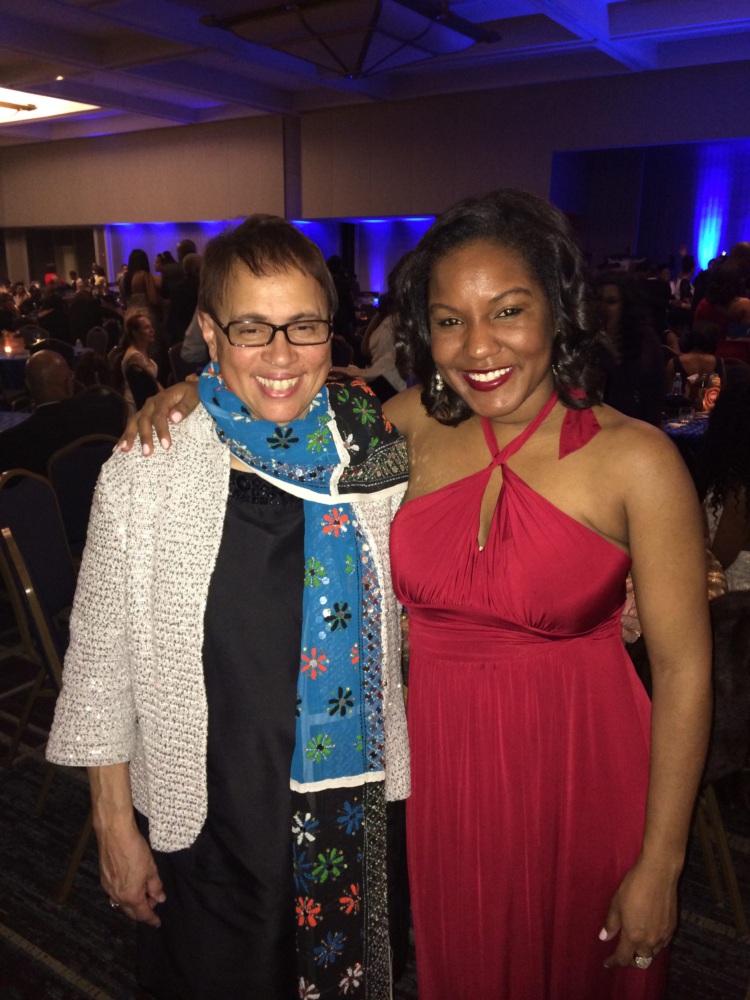Because of HERstory, I knew I could: Judge Hood
March 16, 2018

March 16, 2018
By Ashley Carter

As I reflect on Women’s History Month, and women who have inspired me in my own life, Judge Denise Page Hood immediately comes to mind. Judge Hood has been breaking barriers and blazing trails her entire life. Of all of her accomplishments, I am most inspired by the humility that she shows each and every person that she encounters, whether from the bench, on the street, or in her home.
Judge Hood was born in Columbus, OH, to working-class parents. From a very early age, she showed signs of tremendous potential and intellectual prowess and was accepted into the prestigious Columbus School for Girls. In 1970, Judge Hood became the first African-American student to graduate from this high school. Subsequently, Judge Hood entered Yale University where she intended to pursue a career in publishing. Fate had other plans, and she ended up graduating from Yale and matriculating to Columbia Law School in New York City. Judge Hood was the first person in her immediate family to attend college, and one of only a small number of Black students in her graduating class at Columbia.
Judge Hood married while in law school and in 1977, moved to Detroit to start a new life with her husband, and to begin her formal legal career as an attorney in the City of Detroit Law Department. At the age of 30, Judge Hood was encouraged by her father-in-law to run for judge in Detroit. After a successful campaign, she joined the bench as one of the youngest judges to ever be elected in the city of Detroit. After almost 15 years on the bench, President Bill Clinton nominated Judge Hood for a seat on the United States Court for the Eastern District of Michigan.
Judge Hood is only the third woman and second Black woman, to serve as Chief Judge in the Eastern District of Michigan since the seat was established in 1948. Judge Hood exemplifies many of the qualities that I aspire to embody as a woman and as an advocate. She sees her position from the bench as an opportunity to bring fair jurisprudence and broad constitutional interpretation. I personally think there is significant value in having a judge who is able to appreciate the experiences of all citizens, and who is able to empathize with the most marginalized populations that come before her. In a recent conversation I had with Judge Hood, she reminisced about a trip she took to Philadelphia. She was looking at an image of our founding fathers and contemplated how someone like her, a Black woman, was not in their purview when they imagined the jurists who would uphold the constitution. I celebrate Judge Hood, and all of the Black women who break down barriers every day, and who reconfigure the landscape of this country by being who they are, and advocating for what they believe in. Because of her I knew I could. Because of them I stand encouraged in the woman I am. A Black woman fighting in justice and law.
Ashley Carter is a Staff Attorney at Advancement Project